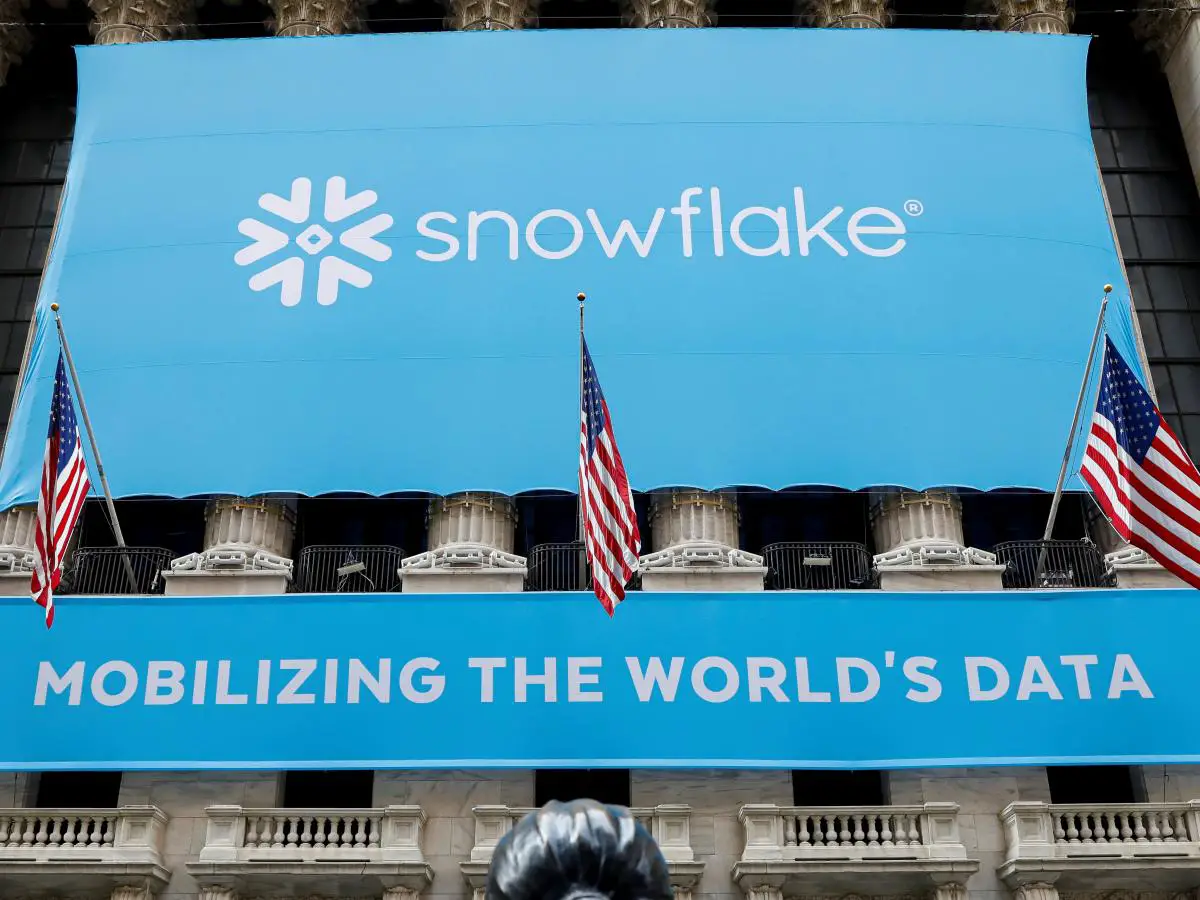Snowflake is a major participant in the competitive data warehousing field, therefore there are many large Snowflake competitors investors should be aware of. Data warehouses are used to store and analyze data. Established in 2012 in the United States, Snowflake specializes in cloud computing-based data warehousing. As a startup, Snowflake adopted a stealth mode approach.
The firm only served a small number of clients. It did, however, make its public debut in 2014. Snowflake eventually went public in 2020, raising $3.4 billion in its initial public offering.
It provides rapid, dependable, secure, and cost-effective data access by establishing a single, controlled, and instantly accessible source. It has collaborated with data integration and business intelligence solution vendors such as Tableau, Qlik, Sigma, and Stitch to give customers seamless data access.
Since 2014, Snowflake has been working on Amazon S3, Microsoft Azure since 2018, and Google Cloud Platform since 2019. Snowflake has had a lot of success throughout the years. The firm came in top place on Forbes' Cloud 100 list.
The firm claimed a total of 3,554 customers in December 2020. This figure comprised 65 clients with more than $1 million in product revenue in the previous 12 months. Its total revenue in 2020 was $592 million.
Snowflake has faced considerable competition as demand for cloud-based computing and storage services has expanded. There is a vast number of Snowflake competitors, and for investors looking at the stock, it is important to know who they are up against.
Snowflake's competitors include specialist firms that provide comparable services. They do, however, contain other well-known organizations that provide cloud-based services. The following are some of the most well-established Snowflake competitors.
Main Snowflake competitors
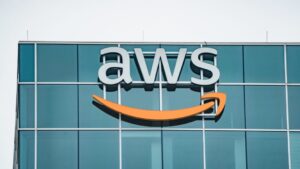
Amazon Web Services (AWS)
AWS is a cloud-based platform that delivers on-demand computing resources. It provides customers with access to a variety of services including computational power, storage space, and databases. AWS has been for years one of Amazon’s highest growing segments.
These resources are available through the internet and do not need users to set up local servers. Amazon web services first became available to a limited number of developers in 2001.
It was a cloud-based hosting service that offered customers access to hardware and software without having to set up their own servers.
In 2006, AWS opened its doors to the public following two years of internal development. Through multiple enterprises that use AWS, the corporation generated 19 billion dollars in revenue.
Netflix (cloud-based streaming media), Pinterest (cloud-based social networking), and Spotify (cloud-based music streaming service) are all part of it. Every day, around 1 million people utilize the service.
Snowflake even leverages Amazon as a supplier of cloud-based storage services. Despite this, Snowflake's clients continue to use AWS services. Amazon's cloud-based business has over 1 million subscribers and contributed around $46 billion to the company's total revenue in 2020.
Despite working together, Amazon's EMR services are a direct Snowflake competitor in data processing and dissemination solutions.

Google Cloud Platform
Google is another well-known Snowflake competitor The firm began operations as a search engine platform in 1998. It did, however, introduce its Google Cloud Platform in 2008. This platform offers cloud computing services that are hosted on Google's own infrastructure.
The firm offers infrastructure as a service, platform as a service, and serverless computing environments via Google Cloud. In 2020, Google's Cloud platform produced $13 billion in revenue.
This platform competes directly with Microsoft and Amazon. Snowflake is also a rival of Google's BigQuery technology. Furthermore, its Cloud platform competes with Snowflake's business in an indirect manner.
In addition, Snowflake's services are hosted on Google's Cloud platform. Despite the customer/supplier connection, both are competitors.
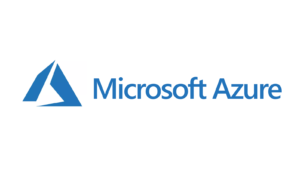
Microsoft
Microsoft, like Google and Amazon, is a cloud storage and platform supplier for Snowflake. These services are provided by the firm via its Azure platform. Microsoft began operations in the 1970s. It did, however, launch the Azure platform in 2008.
Microsoft offers software as a service, platform as a service, and infrastructure as a service solution through this platform. Snowflake's rivals include Microsoft's cloud-based offerings like Azure Data Lake Store, Azure Synapse Analytics, Microsoft SQL, and others.
These services generated $50 billion in yearly revenue by 2020. Microsoft's huge size and skill pose a severe challenge to Snowflake's business model.
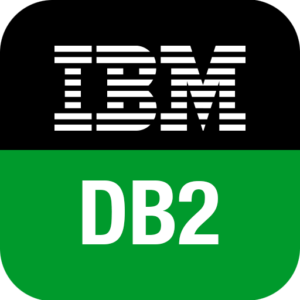
IBM
IBM Inc. is a global technology corporation that manufactures and distributes computer hardware, software, and middleware. It has over 100 years of expertise in the IT field and works in 170 countries across the world.
In 2020, this legendary company's yearly sales were $73.62 billion. In the data warehouse market, IBM Db2 competes with Snowflakes by providing hosting services and data warehousing.
This platform offers enterprise-wide solutions for large-volume workloads and is designed to give great performance at a cheap cost. However, IBM Db2 is more costly and takes longer to achieve ROI than Snowflake.
IBM Db2 has a competitive edge over Snowflake due to its powerful infrastructure and financial capabilities. IBM is another strong competitor in the blockchain business. In March 2016, they announced the launch of the IBM Blockchain Platform, a cloud-based platform that enables organizations to create and operate blockchain applications.
Since then, several major organizations, including Bank of America, HSBC, and ING, have adopted the IBM Blockchain Platform.
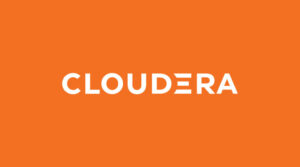
Cloudera
Cloudera is a corporation established in the United States that provides enterprise data cloud services. The company's activities are powered by open-source technologies. Cloudera's major offerings include engineering, warehousing, shared data, and data platform services.
Jeff Hammerbacher and Amr Awadallah launched Cloudera in 2008. While working at Yahoo! Research, they were a part of the team that created Hadoop. Intel paid $4.1 billion for Cloudera in 2014. Cloudera generated $869 million in revenues in 2021.
The firm, however, only has roughly 1,800 clients. Additionally, the company was recently bought by private equity groups for $5.3 billion.
Cloudera, in general, poses a significant challenge to Snowflake's business and market share. Cloudera's products are used by Walmart, eBay, and Twitter. Among Cloudera's famous clients are Disney, Goldman Sachs, and Pfizer.
The company's headquarters are in Santa Clara, California. Austin, Texas; Beijing, China; Cambridge, Massachusetts; Dublin, Ireland; and London, England are among the locations where the corporation maintains operations.
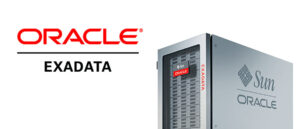
Oracle
Another international firm that is one of the major Snowflake competitors is Oracle. Thierry Cruanes and Benoit Dageville, two of Snowflake's founders, served as data architects at the firm.
Oracle is a computer technology business based in California that was formed in 1977. Oracle Cloud, Oracle Database, servers, workstations, storage, and other solutions are among its core offerings.
In 2020, Oracle's revenue was $39.07 billion. It is one of the largest service providers on the market. In addition, the corporation had over 400,000 clients in 175 countries. The majority of its clients are enterprises and businesses searching for database and storage solutions.
When it comes to large clients, Snowflake cannot compete with Oracle. Oracle Exadata Cloud Service's key benefit is its integration with Oracle Cloud Infrastructure, the world's biggest enterprise-level cloud computing platform.
Its Cloud Infrastructure is used by innovative firms such as Zoom, McDonald's, 8×8, and Nissan. Oracle is a major competitor of Snowflake and the best choice for large organizations.
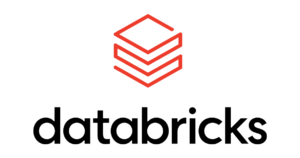
Databricks
Databricks, established in 2013, is another startup that is a direct Snowflake competitor. The startup creates a web-based platform for automated cluster management and IPython-style notebooks.
It is also a Microsoft Azure first-party service. Google Cloud is also a partner of the firm. Databricks' main product is the development and sale of a cloud data platform. These services are comparable to and constitute a threat to Snowflake's business.
In 2021, the company's sales were $425 million. Databricks, on the other hand, has over 6,000 clients. The business raised $1 billion in February 2021 at a post-money valuation of $28 billion. This Series G fundraising round brings the company's total capital to $1.9 billion.
Databricks collaborated with Google Cloud in 2021, and its Databricks for Azure service has been operational since November 2017. After Databricks released SQL Query data storage and purchased Redash, Snowflake and Databricks merged in 2020. With this product and purchase, Databricks is the ideal replacement for Snowflake.
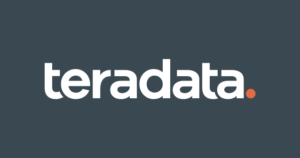
Teradata
Teradata, launched in 1979, is a provider of high-quality database and analytics software, tools, and services. Database analytics software subscriptions are developed and sold by the firm.
Similarly, business analytics, cloud solutions, and consultancy are among its key services. In 2008, the firm went public. Teradata has purchased a number of firms in the same industry throughout the years.
Teradata employs 8,535 people and works on a worldwide scale. In 2020, the data management specialist made $1.8 billion, while its public cloud ARR (annual recurring revenue) increased by 176% to $1.4 billion.
Customers include Apple, Walmart, eBay, PayPal, Verizon, and others. Teradata is one of the largest Snowflake competitors. The firm seeks larger consumers due to its popularity and vast infrastructure.

